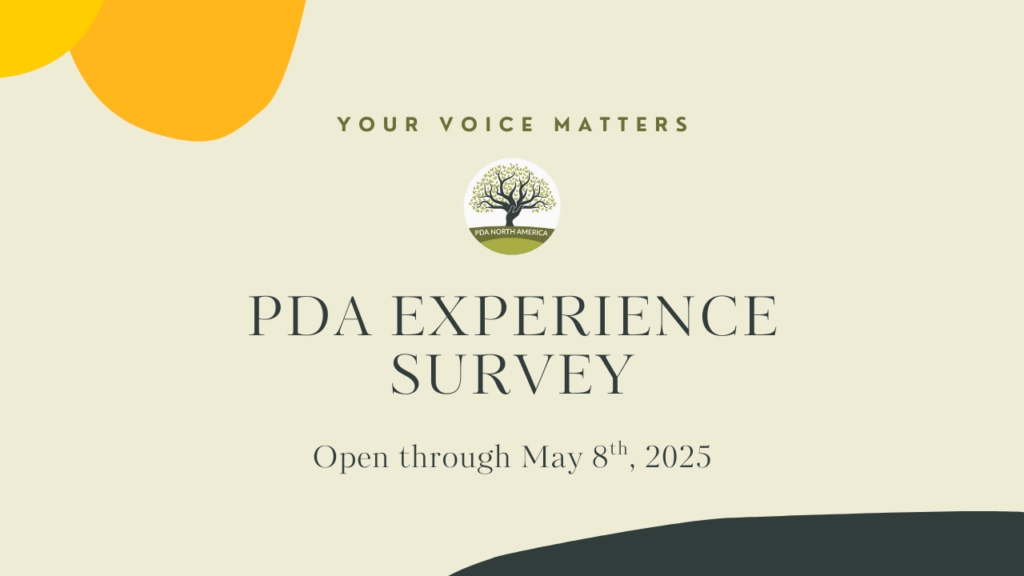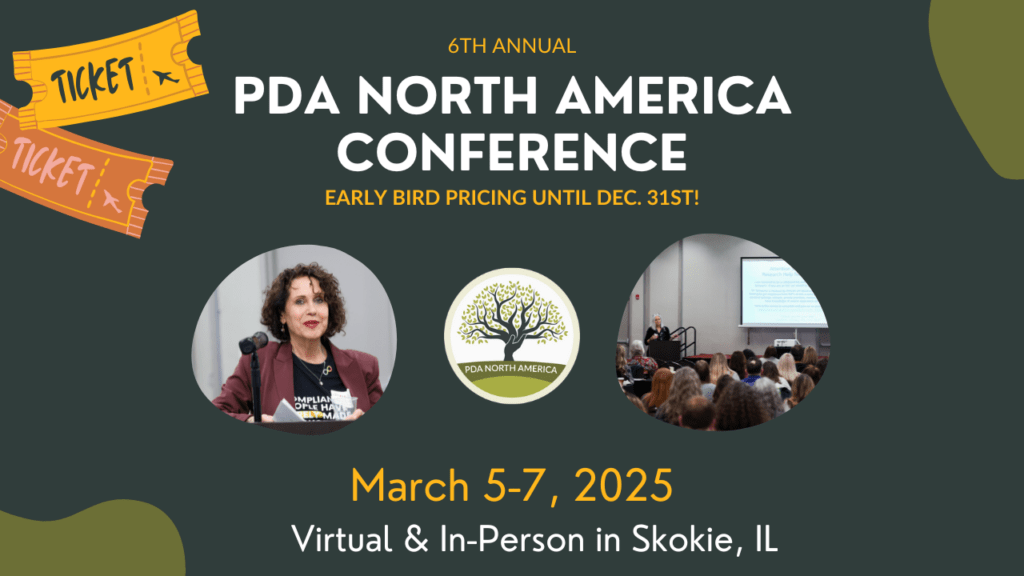By Lindsay Flanagan, Founder of Hive Parents
01: CAN SCHOOL BE LOW-DEMAND?
Yes and no. Can it be lower demand in terms of external demands? For sure! I think adults have a fear that low-demand means that kids will never have expectations or the chance to reach their potential. But what we forget is that even if we’re able to make external acccommodations for kids, it’s still incredibly difficult for many neurodivergent kids to navigate a world not designed for them.
There are lots of accommodations that can be made for PDA autistic students if the school is willing. Here are just a few that I see most frequently:
→ Not being required to answer questions in front of the class/come up to the board to do work unless the child volunteers.
→ A playground aide or support person who can help navigate peer interactions and perhaps set up a more structured activity for a group of kids.
→ The ability to opt out of work or be allowed to complete just enough to show mastery.
→ Being allowed to change the topic of a writing assignment to reflect their special interest (and therefore be able to access it.) For example, the class is writing about their summer break but a PDA child is allowed to write about llamas or WWE wrestling (my kid’s deep passion. 🙃)
I know that some of these seem… out there, and like they would potentially be unfair to other students. But oftentimes creative accommodations are the difference between students being able to remain in the school environment or having to leave altogether. And this is where invisible disabilities get so tricky! No one would say it was unfair that some kids had to walk when one student uses a wheelchair. But accommodating PDA requires adults to have a mindset shift that these are not kids being willfully defiant, but that their inability to comply is a function of their disability.
02: COULD YOU REJECT BEHAVIORAL INTERVENTIONS?
The school system (and society in general) is rife with behavioral approaches to adddressing kids’ distress. Reward cards, clip up/clip down charts, removing of privileges like recess, etc.
When my son was eloping from his first grade classroom, the school made him a sort of behavior sheet. It had 10 or so goals for the day. Things like, “Keep a safe body” and “Sit with the group during story time.” If he met that goal for the day, he’d get a smiley face on the sheet. If he received smiley faces for 8/10 goals for the day, they’d give him a lollipop before he went home.
Even before I knew about PDA (or that he was autistic,) it felt so silly to me. He was 7 and he was majorly struggling with the sensory, relational, and academic challenges of full-time school. When he received 8/10 on his sheet it wasn’t because he had made that choice or he was motivated by the lollipop. He simply had a better baseline level of nervous system regulation that day that naturally led to better behavior.
We know that the kids who least benefit from these behavioral approaches get assigned them the most frequently. They’re not trauma-informed nor neurodiversity affirming, so if you have the ability to advocate against their use in your child, it’s worth considering.
03: IS THE SYSTEM EVER GOING TO FIT YOUR CHILD’S NEEDS?
In working with PDA families over the course of the last year, I’ve seen a wide range of experiences in the school system (whether public or private.) Some schools are eager to learn about nervous system approaches to supporting learners. Others don’t have the time, space, or interest to do things differently.
I know that schools are underfunded and teachers are underpaid and undervalued in our society. Classrooms sizes are sometimes exponentially larger than they were 10 or 20 years ago. And some of our kids simply require more support and accommodations than a mainstream classroom can provide.
I’ve had families who fought the good fight and eventually left school when their child was down to a few hours of attendance once a week. It hit a point that it no longer seemed worth it, and none of the supports or approaches were helping their kid feel successful.
If you’re someone who wants to exhaust all of your out-of-the-house options before jumping into something like homeschooling, that is totally valid! And my deepest hope is that your child finds an environment that embraces and supports them the way they deserve.
(Anecdotally, we faced major pressure to send our child to a self-contained emotional disturbance classroom. I felt deep inside that the environment was the issue, not him. And so against all advice we declined and started home educating. Best decision I could have made, that was also possible through privilege.)
About Lindsay: I’m a therapist of over 10 years, a neurodivergent mom to a (seemingly) neurotypical 7-year-old and a PDA 9-year-old, and the wife to a late-diagnosed PDA husband. Founder of HiveParents.com







